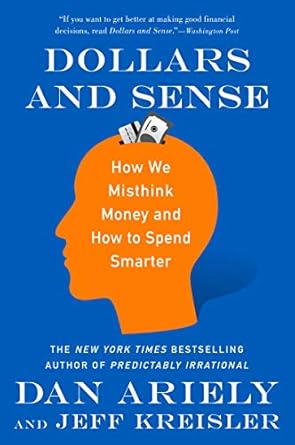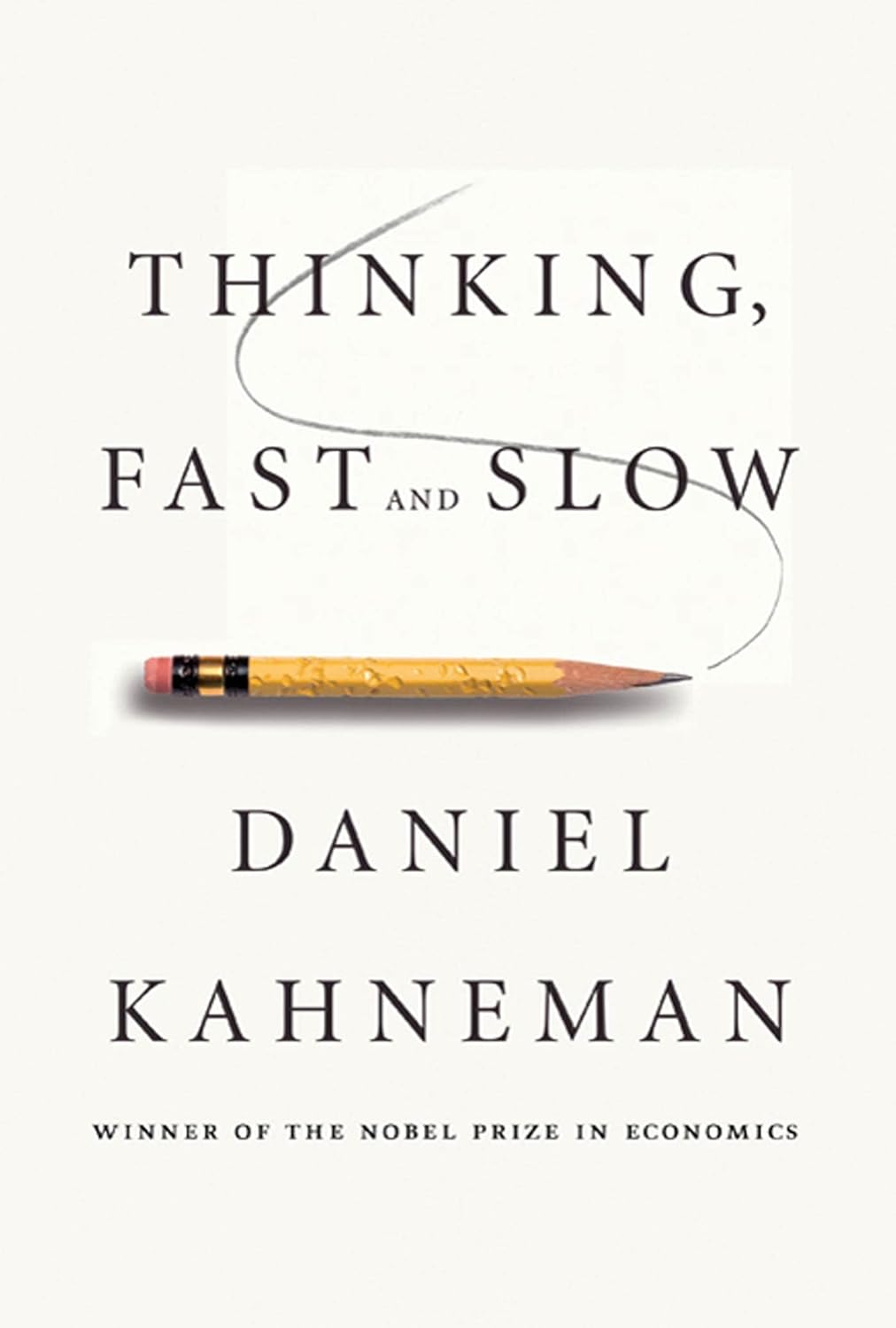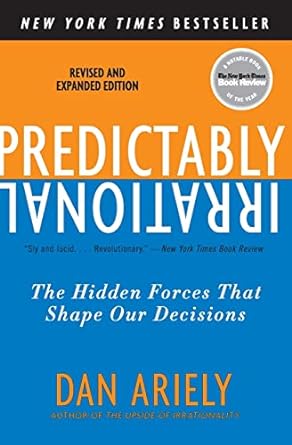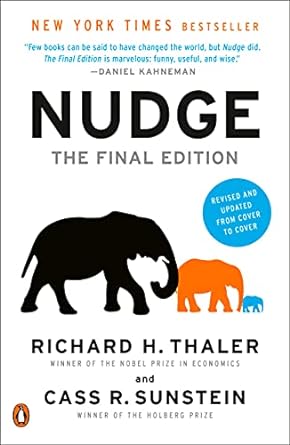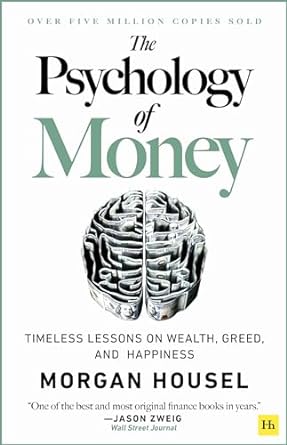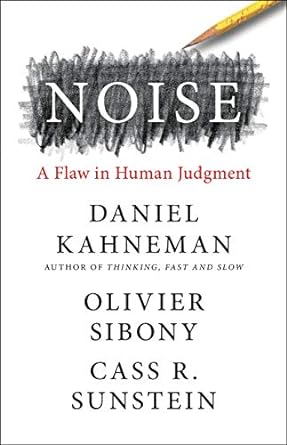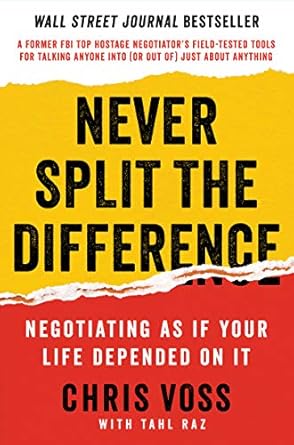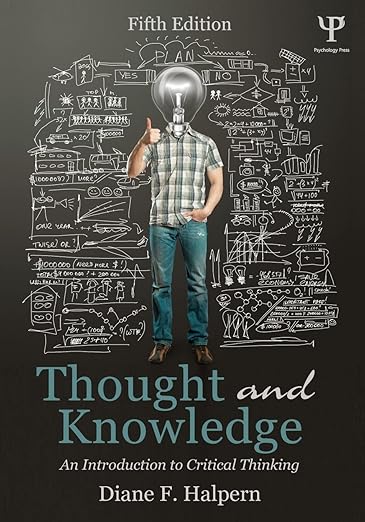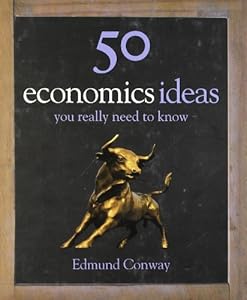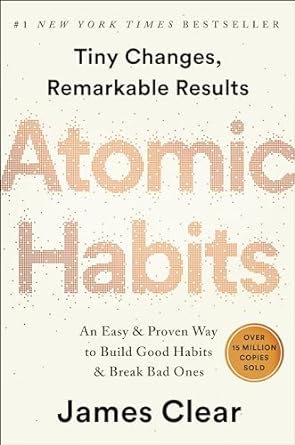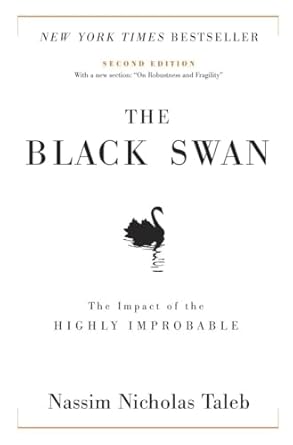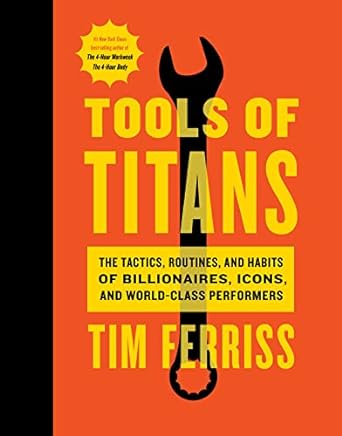Anchoring
A cognitive bias that occurs when irrelevant information impacts our decision making, which often leads people to act irrationally. It occurs when people use an initial piece of information, known as the "anchor", as a reference point for subsequent decisions. This bias can lead to errors in judgment and decision-making, especially in situations where the anchor is not relevant or accurate.
Examples:- Average house prices
- Initial salary offers
- Historical share prices
- Suggested donation amounts
Key Insights & Principles
Decision Making
Insights:- Humans are consistently vulnerable to anchors when making decisions.
- Other people's decisions might be best for them, but not for you.
- Anchoring effects are particularly strong in purchasing decisions.
- The more relevant information you have, the less prone you are to anchoring effects.
- Do your research.
- Ignore irrelevant information.
Personal Finance
Insights:- Our investment decisions are anchored to personal life experiences and place in history.
- It is damaging to anchor investment decisions or spending to past decisions (sunk costs) that have no relevance to the future.
- Make financial decisions based on personal circumstances and goals, not other peoples.
- Ignore sunk costs.
Negotiation
Insights:- Going first in negotiation can have an advantage, as it creates an anchor.
- If there are many unknowns, or few benchmarks, letting the other side show their hand might be a better tactic.
- The more you ask for, the more you tend to get.
- Go first in negotiation if alternatives and variables are well known to both parties.
- Go second in negotiation if there are many unknowns.
- Ask for what you want.
Product Pricing
Insights:- Anchoring effects will impact how product pricing is viewed by markets.
- Existing products in markets act as anchors of price.
- Unique or new products have the advantage of setting pricing anchors.
- Research the market.
- Look for gaps in the market to exploit the lack of existing price anchors.
- Look for opportunities to bring something new or unique to a market or consumer base.
Habit Building
Insights:- New habits can be embedded by building on (anchoring to) existing habits.
- Link new habits to old ones.

